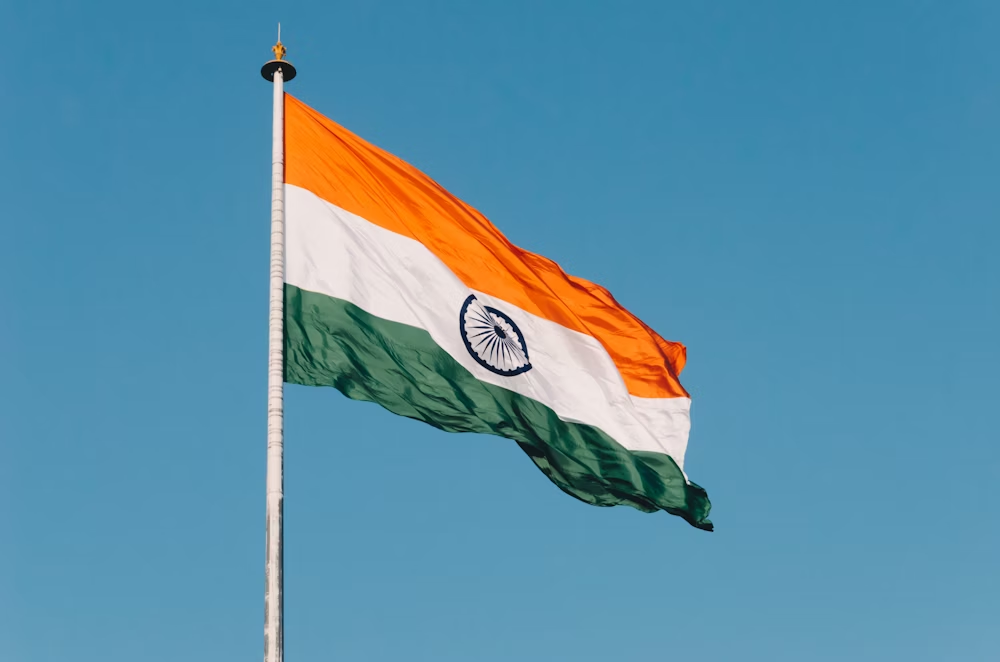In India, pharmacy education in the university level started in 1937 at Banaras Hindu University (BHU). Since then, several universities, and colleges are offering courses across the country. The first Pharmacy college in Asia was established in 1842 in Goa, India. The Pharmacy act 1948 regulates the Pharmacy profession in India and as per this act the Pharmacy Council of India (PCI) has established which regulates the Pharmacy education. It sets standards and guidelines for pharmacy programs and institutions. The PCI ensures quality education and training in pharmaceutical sciences across the country. The courses offered by different colleges in India are:
1. Diploma in Pharmacy
2. Bachelor of Pharmacy
3. Master of Pharmacy
4. Doctor of Pharmacy
Diploma in Pharmacy: D.Pharm is a two-year diploma program. Candidates must have completed 12 years of study with science subjects. The curriculum covers foundational topics in pharmaceutical sciences. Students undergo practical training in pharmacy dispensaries, hospitals, and pharmaceutical industries to gain hands-on experience. D.Pharm graduates are eligible to register as pharmacists and practice as pharmacy technicians or assistants under the Pharmacy Act, 1948.
Bachelor of Pharmacy: B.Pharm is a four-year undergraduate degree program. Candidates must have completed 12 years of study with science subjects and qualified relevant entrance exams such as the state-level entrance tests or national-level exams like the All India Joint Entrance Examination (JEE) or state CETs. The curriculum includes advanced study of pharmaceutical sciences, pharmaceutical technology, pharmacology, pharmacognosy, medicinal chemistry, and pharmacy practice. It also includes practical training and internships. B.Pharm graduates are eligible to register as pharmacists and practice in various roles such as community pharmacists, hospital pharmacists, industrial pharmacists, and clinical pharmacists.
Master of Pharmacy: M.Pharm is a two-year postgraduate degree program. Candidates must have a B.Pharm degree from a PCI-approved institution. M.Pharm offers various specializations such as pharmaceutics, pharmaceutical chemistry, pharmacology, pharmacognosy, pharmaceutical analysis, clinical pharmacy, industrial pharmacy, and regulatory affairs. The curriculum focuses on advanced study and research in specific areas of pharmaceutical sciences, culminating in a research project or thesis. They may also pursue doctoral studies (Ph.D.) for further specialization.
Doctor
of Pharmacy: The
PharmD program was introduced in 2008 in India with the aim of producing pharmacists
who had undergone extensive training in practice sites and could provide
pharmaceutical care to patients. It is a six-year doctoral-level program,
including five years of academic study and one year of internship or residency
training. But it requires 3 years for the students
who have already completed a bachelor's degree in a relevant field before
pursuing the PharmD degree. Pharm.D curriculum includes advanced clinical pharmacy
practice, pharmacotherapeutics, patient care, and pharmacy management. It
emphasizes direct patient care and clinical decision-making skills. The program
includes a one-year internship or residency training in hospitals or clinical
settings, providing hands-on experience in patient care and pharmaceutical
practice. Pharm.D graduates are eligible to practice as clinical pharmacists,
patient counselors, pharmaceutical consultants, or pursue careers in academia,
research, or healthcare administration.
Pharmacy curricula in India are designed to provide comprehensive knowledge and skills in pharmaceutical sciences, focusing on both theoretical concepts and practical applications. Accreditation agencies such as the National Board of Accreditation (NBA) ensure that pharmacy institutions maintain quality standards in education and training.






0 Comments